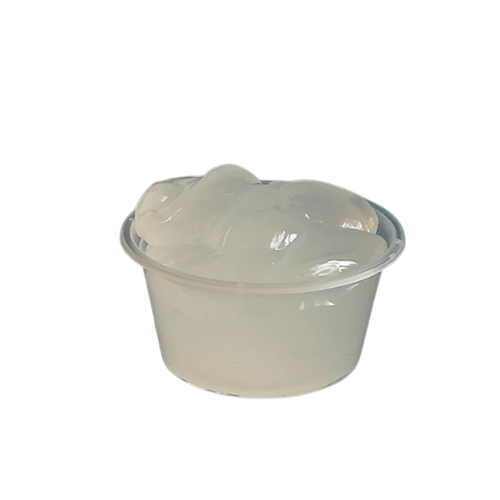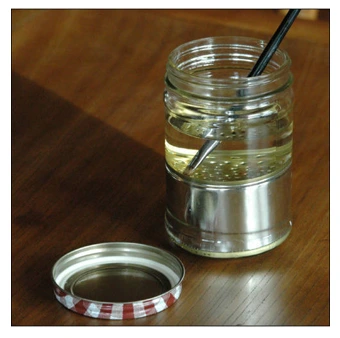Sodium Lauryl Ether Sulfate (70%) - India
|
IUPAC Name |
: 1-dodecoxydodecane |
|
Cas Number |
: 68585-34-2 |
|
HS Code |
: 3402.11.00 |
|
Formula |
: CH3(CH2)10CH2(OCH2CH2)nOSO3Na |
Basic Info
|
Appearance Name |
: Yellowish white paste |
|
Common Names |
: SLES |
|
Packaging |
: 220 kg HDPE Open Top Drums without pallets, 17.6MT |

---malaysia.webp)


---china.webp)
